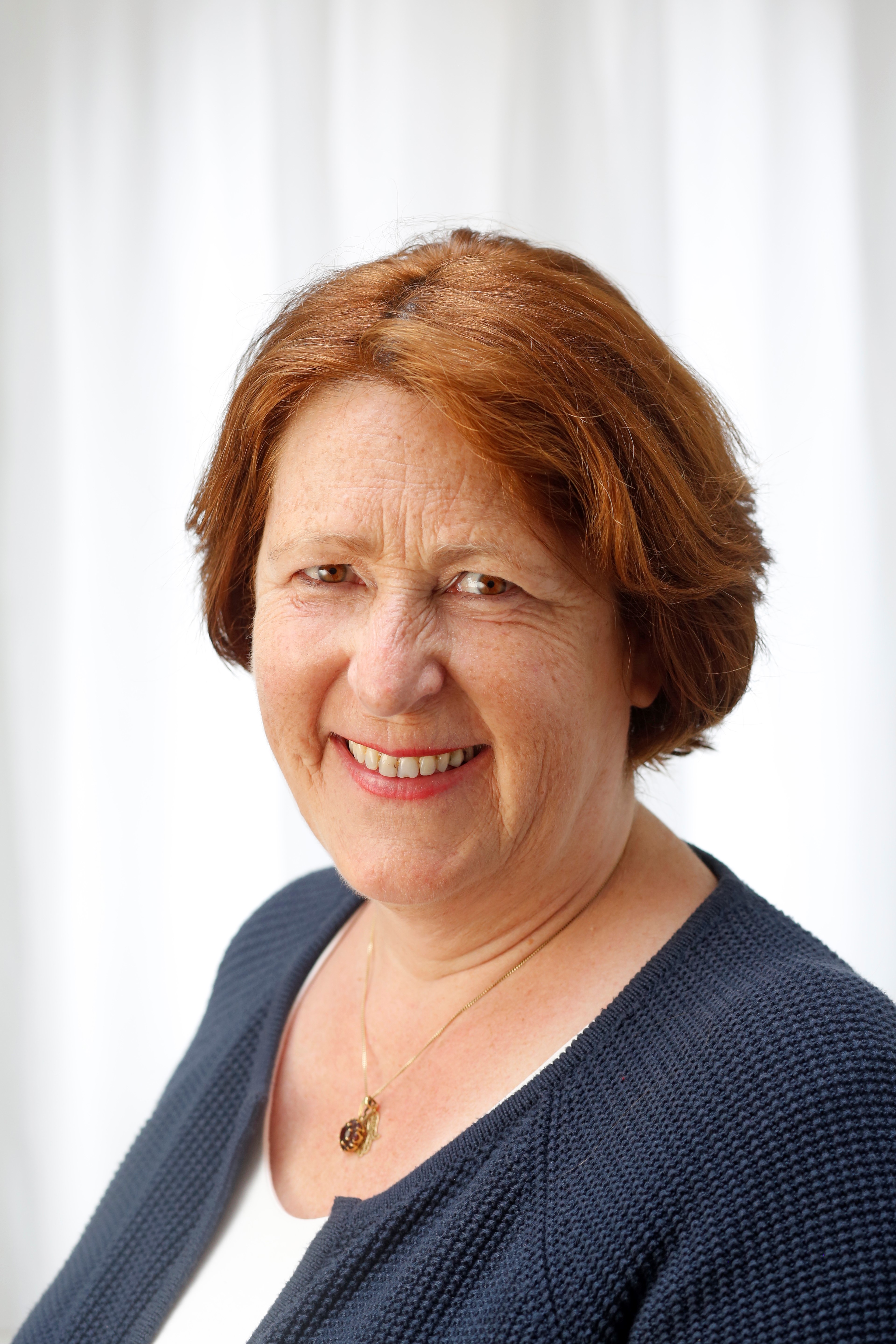Meet the Ambassador - Romania
The Netherlands and Romania: expanding and deepening our partnership
When she first visited Romania, Willemijn van Haaften was struck by the country’s cultural diversity. Her aim as the Dutch ambassador in Bucharest is to further strengthen the relationship between the two countries.
What was the first thing you noticed in Romania?
‘A couple of years ago my husband and I spent three weeks travelling around the country. It was love at first sight. The nature, the rich culture and the diversity of each province are all amazing. Many villages and local areas have their own architectural style and their own cooking traditions. That variety was the first thing that struck me. And living here has only reinforced that impression.
‘So the beauty of the country already appealed to me, and I was hoping to be appointed ambassador to an Eastern European country. The region’s significance has grown since war broke out in Ukraine. Romania and the Netherlands have a good relationship. That’s very clear from the good communication between us, and the fact that I can arrange a meeting with ministers within a couple of days.’
What topics do Romania and the Netherlands work together on?
‘Security and defence are key themes, because of the war in Ukraine. Romania has a long border with Ukraine. The Netherlands is training Ukrainian and Romanian F-16 pilots as part of an ongoing partnership with NATO. One of my first acts as ambassador was to be present at the opening of the F-16 training centre, with the Dutch and Romanian defence ministers. And Dutch marine ships – frigates – are built here in a shipyard on the Black Sea.
‘And that’s just one example of our cooperation on defence. The Dutch and Romanian police forces and public prosecution services also work closely together to combat people smuggling and human trafficking and other serious crimes.'
‘European cooperation is another important area. Romania takes a constructive stance in the context of the EU. We both want to see a robust Europe. In my opinion, Romania is a perfect European partner, precisely because we don’t have the same opinion on everything. That makes the country very interesting, as it can also function as a bridge to less like-minded countries. These days, the Black Sea region is just as important to Dutch security as the North Sea region. And let’s not forget our economic and agricultural partnerships, which involve knowledge exchange, agricultural education, the environment and climate. We are also both active within the World Bank’s electoral group on government finances.'
‘Rule of law, human rights – such as rights of women and girls and LHBTIQ+ persons – and freedom of the press are other themes the embassy is working on. There are also joint Romanian-Dutch projects providing care for the elderly and people with serious or multiple disabilities, run by Dutch nationals who have settled in Romania.’
What would you like Dutch people to know about Romania?
‘When Dutch people think about Romania, they still tend to associate the country with former dictator Nicolae Ceausescu and those orphanages full of children who had lost their parents. In 1989, after the fall of the Iron Curtain, this received a lot of coverage in the West-European media. But Romania has developed in leaps and bounds in the last 30 years, and there have been major reforms. The country is more modern today than many Dutch people think.
‘For example, Romania now has a highly developed IT sector. Many Dutch companies recruit IT staff from the country, or outsource their IT services there. Highly educated professionals are available, and wages are lower than in the Netherlands. In other developments, cities in Romania are getting greener and introducing electric public transport or other elements of so-called ‘smart cities’. And the country generates a lot of its electricity through hydropower.
‘At the same time, there are major differences between the larger cities and the countryside, which is more traditional and less developed. Some population groups in rural Romania live in poverty. Domestic violence and sexual offences are still a real problem, and teenage pregnancy is still too common.’
How do you relax after a busy working day and in the weekends?
‘I like walking and reading. The nature here is beautiful. My husband and I like to take road trips, and we’ve already spent several weekends away. I also really enjoy music, especially Bach. Romania has some wonderful concert halls. Just before Christmas I heard Bach performed in a church somewhere in Transylvania – that was an amazing experience.’
What do you still hope to achieve as ambassador to Romania?
‘I would like to expand and deepen the relationship between our countries. By which I mean, I hope we can continue to come together and seize new opportunities to work together in other areas. The Netherlands can learn a lot from Romania, and vice versa – Romanians often have a slightly different opinion or approach than the Dutch, but they’re always open to constructive dialogue.’



